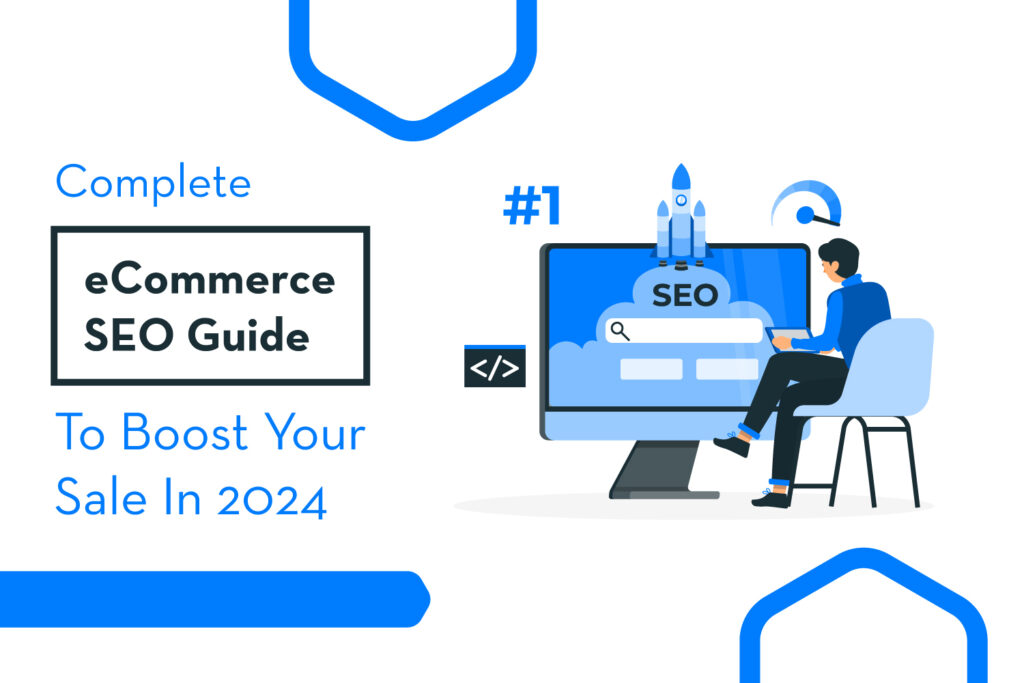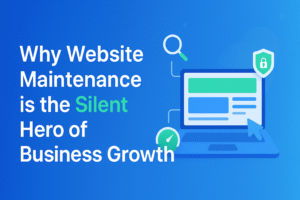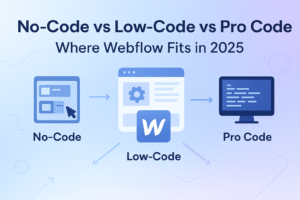Introduction of eCommerce SEO Guide:
In the fast-paced world of online commerce, standing out amidst the digital noise can be quite a challenge. As an e-commerce entrepreneur, you’ve likely poured your heart and soul into crafting a website that showcases your products or services. However, in the vast ocean of the internet, simply having a website isn’t enough to ensure success. You need a strategic approach to ensure that your target audience can find you amidst the sea of competitors.
That’s where SEO for e-commerce websites comes into play. SEO, or Search Engine Optimization, is the art and science of optimizing your website to rank higher in search engine results pages (SERPs). Essentially, it’s about making sure that when potential customers search for products or services like yours, they find your website before they find your competitors.
In this blog post, we’ll delve into the intricacies of SEO for e-commerce websites and explore actionable strategies that can help boost your e-commerce business in 2024. From keyword research to mobile optimization, from content marketing to technical SEO considerations, we’ll cover it all. So, buckle up and get ready to supercharge your e-commerce website’s visibility and drive more organic traffic to your virtual storefront.
Understanding the Current SEO Landscape:
In 2024, the SEO scene is evolving, placing a premium on user experience (UX), mobile optimization, and quality content. Search engines prioritize sites that align with user intent, making it crucial for e-commerce businesses to optimize not just for keywords but also for overall user satisfaction.
Mobile optimization is now non-negotiable, as more users access the internet through mobile devices. E-commerce sites must be responsive and mobile-friendly to secure higher rankings.
Quality content remains a cornerstone of SEO success. Search engines favor informative, relevant content, making content marketing vital for e-commerce. Strategies like blogging and video creation can establish authority and attract organic traffic.
Technical SEO elements, including site structure and schema markup, are equally critical. E-commerce businesses should optimize these aspects for better crawlability and indexability.
In summary, success in the current SEO landscape requires a comprehensive strategy covering UX, mobile optimization, content quality, and technical aspects. Staying informed and adapting to these trends will position e-commerce businesses for success in the competitive online landscape of 2024.
Key Of eCommerce SEO Guide To Boost Your Sale:
1. Comprehensive Keyword Research:
Researching keywords is the cornerstone of every effective SEO plan. By identifying relevant keywords and phrases that your target audience is searching for, you can optimize your website content to attract more organic traffic. Tools like Google Keyword Planner and SEMrush can help you discover high-value keywords with low competition.
2. Optimizing Product Pages:
For e-commerce SEO to be effective, your product pages must be optimized. Make sure your product descriptions, names, and meta tags contain pertinent keywords. Additionally, high-quality images and compelling product descriptions can help improve user engagement and boost conversions.
3. Mobile Optimization:
With the increasing use of mobile devices, mobile optimization is no longer optional—it’s a necessity. Ensure that your e-commerce website is responsive and loads quickly on all devices. Mobile-friendly websites are not only favored by users but also by search engines, leading to better rankings in mobile search results.
4. User Experience (UX) and SEO:
User experience plays a critical role in SEO. A well-designed website with easy navigation and clear calls-to-action can improve user engagement and encourage visitors to explore further. Focus on providing a seamless browsing experience for your customers to enhance your SEO performance.
5. Content Marketing for E-commerce SEO:
Content marketing is another powerful tool for e-commerce SEO. By creating high-quality, informative content that addresses the needs and interests of your target audience, you can attract more organic traffic to your website. Consider publishing blog posts, guides, and videos that provide value to your customers and incorporate relevant keywords naturally.
Technical SEO Considerations:
In addition to on-page optimization, technical SEO plays a crucial role in ensuring that your e-commerce website is easily accessible to search engines. Pay attention to factors such as site structure, URL optimization, and schema markup to improve your website’s visibility in search results.
Leveraging Social Media for SEO:
Social media can also be a valuable asset for e-commerce SEO. By sharing your content on social platforms and engaging with your audience, you can increase brand awareness and drive more traffic to your website. Encourage social sharing and foster meaningful interactions with your followers to boost your SEO efforts.
Measuring and Analyzing SEO Performance:
Finally, it’s important to regularly monitor and analyze your SEO performance. To evaluate the success of your strategy, monitor important indicators including conversion rates, keyword rankings, and organic traffic. Use tools like Google Analytics and Search Console to gain insights into your website’s performance and make data-driven decisions to improve your SEO efforts.
Conclusion:
In conclusion, SEO is a critical component of any successful e-commerce strategy. By implementing the strategies outlined in this blog post, you can optimize your e-commerce website for search engines and boost your online visibility. Remember to stay updated with the latest SEO trends and continue refining your strategies to stay ahead of the competition in 2024 and beyond.











